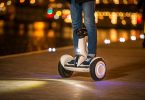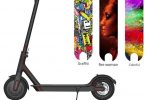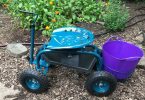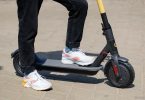My name is Phillip Gray and I love going outdoors riding on skates and scooters. I work as a graphic designer and I love creativity. This is why I appreciate the different creative scooter’s designs. I’ve been riding on kick scooters ever since I was 5 and one of my early scooters had grown-up together with me.
What are the parts of a kick scooter
Kick scooters are becoming a more popular mode of transportation not only for kids and teens but also for adults. Whether you are going to school, work, or just navigating around the city, it is important that your scooter is properly maintained, well-oiled, and clean.
Sometimes when a scooter breaks down, replacing parts and having it fixed is more expensive than buying a new one so it is always necessary to take care of your scooter.
But in order to properly maintain and take care of your scooter, you need to know what parts your device is made of and which of these parts are replaceable, can easily wear out, and can easily break.
Here we are going to give you an idea of what your typical kick scooter is made of.
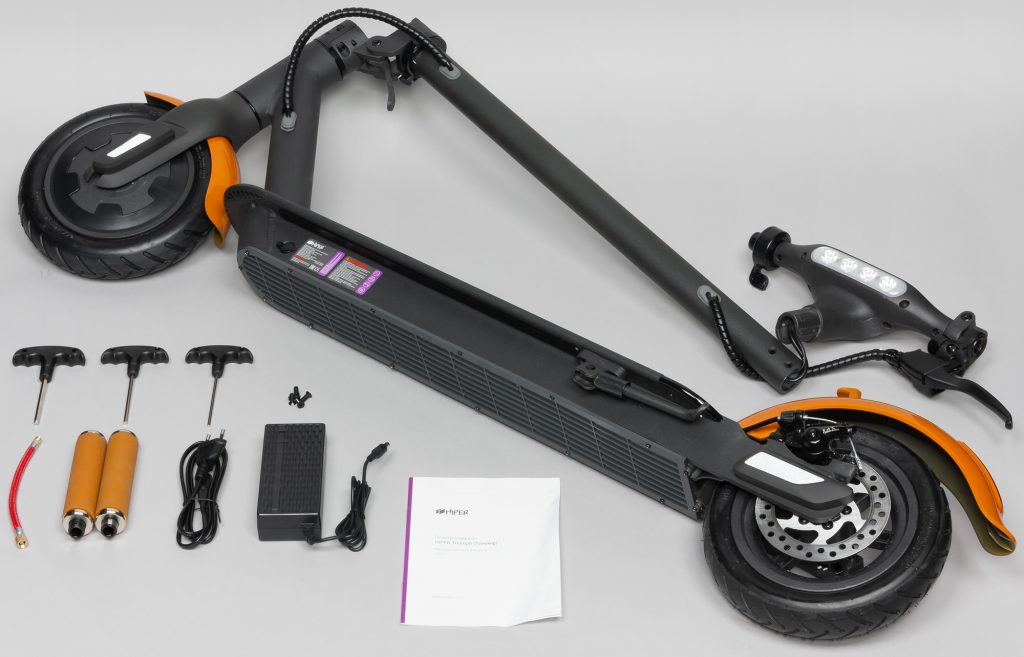
Parts of a kick scooter. The following list is from top front to bottom and then front to rear.
Front (from T-bar to front wheel)
- Handle grips – this is a pair of soft materials like foam or rubber where we hold the handlebars with our hands. These are usually collapsible and can be replaced easily.
- Attachment for handle grips and carry strap – found right below the T intersection, this served as both a clamp and where the one end of the carry strap is attached.
- Quick-release clamp for steering column height – served as a clamp that holds the height when adjusted. When the machine has an adjustable height, this clamp controls and locks the height.
- Steering column height locking pin – a pin that locks the height when the T-bar is adjusted.
- Clamp – holds the steering column and the headset bearings housing altogether.
- Headset bearings – these bearings are concealed and control how smooth the steering could be. Without these bearings, the machine cannot be steered.
- Front suspension – found concealed right above the fork and served as the suspension for the front wheel.
- Front fender/mudguard – protects the rider from showering mud and dirt.
- Fork – holds the front wheel and is controlled by the headset bearings. Usually made of alloy steel or aircraft-grade aluminum.
- Front wheel – one of two wheels and is usually made of polyurethane (for common kick scooter). For off road scooters, this is made of pneumatic rubber. It has a bearing inside which is usually an Abec-7 or Abec-9.
- Head tube – a very important portion of the device that connects the deck and the steering system and T-bar. This is usually integrated with a folding mechanism and is usually made of steel alloy or high-grade aluminum. For stunt scooters, this is usually fixed and welded both the deck and the steering column.
Deck and rear portion
- Deck – a platform that holds the weight of the rider. This is usually made of alloy or aluminum and has an anti-slip surface. The deck varies in width and height. Stunt scooters have thinner decks while ordinary kick scooters have wider decks.
- Kickstand – a stand that holds the whole device in a standing position when not in use. It is retractable/foldable and is controlled by a spring similar to that in the bicycles and side stand of motorcycles.
- Rear fender and brake – similar to the front fender, the rear fender and mudguard protect the rider from showering dirt but it is also connected to the vehicle’s braking system. The rider needs to press this with his foot in order for the device to stop.
- Rear wheel – similar to the front wheel only that it is attached to the back portion of the machine.
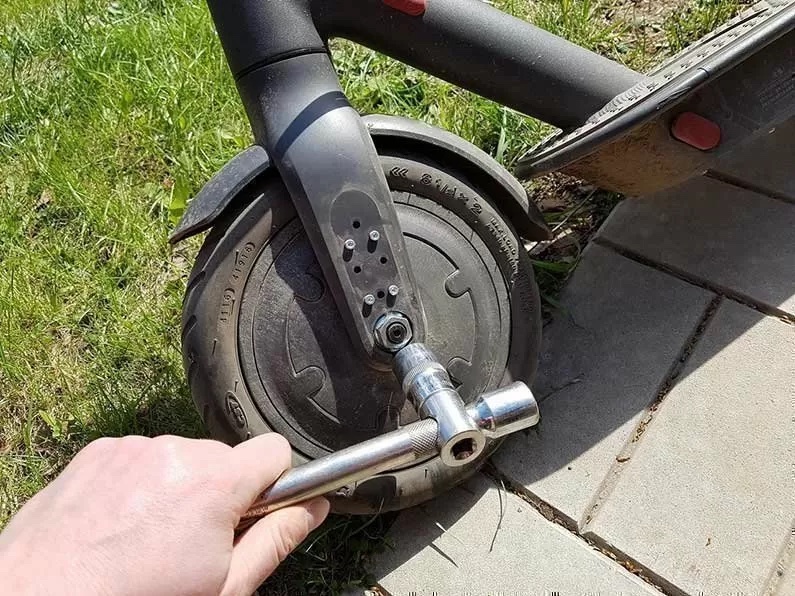
Why do you need to know the parts of your scooter?
As they say, one cannot fix something he didn’t know. Knowing the above parts would give you the ability to analyze how these parts work and how each can affect your daily ride. When one of these parts malfunctions, it is easy to identify the problem and order new spare parts from the store if you know what it is called. Others who don’t know any of these would just remove the damaged part and bring it to the store. This is a good practice but what if you are ordering online and don’t know the name and specifications of the particular thing? The more knowledge you have, the more problems you can solve.
How much do scooter spare parts cost?
Now that your machine needs replacement parts, the best thing to do is to know how much each part would cost when you need a replacement. Different parts have different costs depending on the model and brand.
The wheel for example which is the most common part that always needs a replacement would cost you from $12 to $30. So, if you need two wheels, you need to pay $60 if you have high-end models. You can buy a new ride for this price alone.
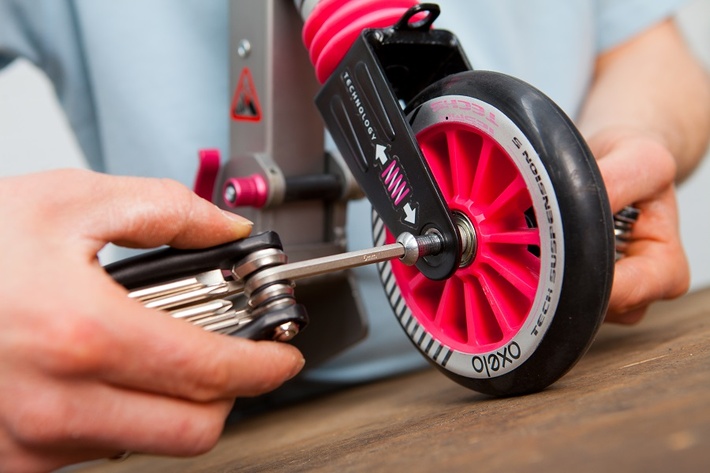
How to take care of your scooter to minimize the damage and wear and tear?
- As you may already know, maintenance is expensive so we will give you some guidance on how to avoid paying high costs on repairs and maintenance.
- Ride properly. Proper riding means you don’t use your daily commuting device in stunts and freestyle kicks. If your device is designed for the daily commute, use it as what it is intended to use for.
- Avoid holes, rough pavements, and unpaved roads. Always find a smooth surface where your machine can run smoothly without any vibration. Although it has a front suspension, it will not last if you always push your device to its limits.
- Don’t leave your ride outside exposing the sun or rain. The heat of the sun could damage its paint and could affect its bearings while the rain could turn the whole thing into rust if it’s made of alloy steel.
- Don’t ride during winter or in bad weather.
- Always clean your device and keep it dry when not in use
Final thoughts
Scooter maintenance is expensive and parts are sometimes hard to find especially for older models. So, if you want your machine to last long, know everything about it and follow proper usage and maintenance.

